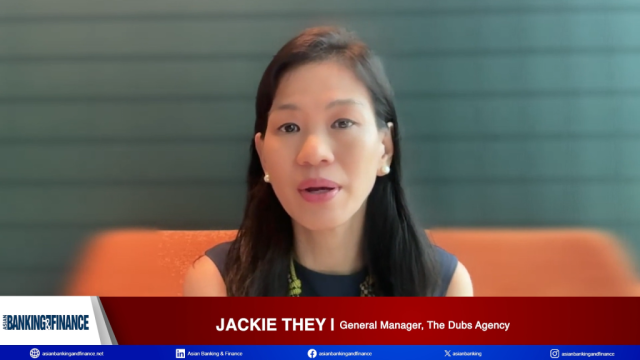
Indian banks hammered by rising credit costs amidst portfolio cleanup
Credit costs rose from 2.5% to 4.3% of loans on average at state banks.
The introduction of a new regulatory framework to halt the staggering growth of India’s bad loans is set to push banks in the near-term as they grapple with rising credit costs and further pressure on capital ratios, according to credit rating agency Fitch.
The initial impact of the new framework led to higher credit costs which reached 4.3% of loans on average at state banks, compared with 2.5% in FY17.
The banking sector's bad loan ratio also climbed from 9.3% to 12.1% with the ratio for state banks clocking in at 14.5% - and those of IDBI Bank, UCO Bank and Indian Overseas Bank standing at over 25%. Large private banks were not exempt to the pressure as their earnings caved under pressure, with Axis posting its first ever quarterly loss.
Also read: Bad loans in India's private banks expand fivefold in past five years
“Six state-owned banks reported common equity Tier 1 (CET1) ratios that did not meet the regulatory minimum capital conservation buffer levels of 7.36% in March 2018, including Punjab National Bank, the second-largest state bank,” the credit rating agency pointed out.
Banks will also have to meet a higher minimum regulatory CET1 requirement of 8% in 2019 which includes the capital conservation buffer.
The government has been working overtime to salvage the embattled state lenders by earmarking another $11b recapitalisation fund to buoy banks out of their earnings rut. Fitch notes, however, that the government injection may not be enough to cover the massive capital erosion registered by the banks as further losses may come to light over the coming quarters.
Despite the massive losses, the new regulatory framework is set to clean the portfolios of banks in the long-term as provision coverage slowly improves on the back of tighter oversight. Although regulation provide a minimum 50% on NCLT accounts and was brought down to 40% in April, most banks have opted to remain higher coverage.
Also read: Can Indian banks weather the last wave of bad loan resolution?
"Whilst this push will increase the already-high non-performing loan (NPL) ratios and provisioning burdens for India's banks, and strain their profitability in the near term, cleaner balance sheets in the long run will be credit positive for the sector," Moody's Vice President and Senior Analyst Alka Anbarasu said in an earlier report.























 Advertise
Advertise







